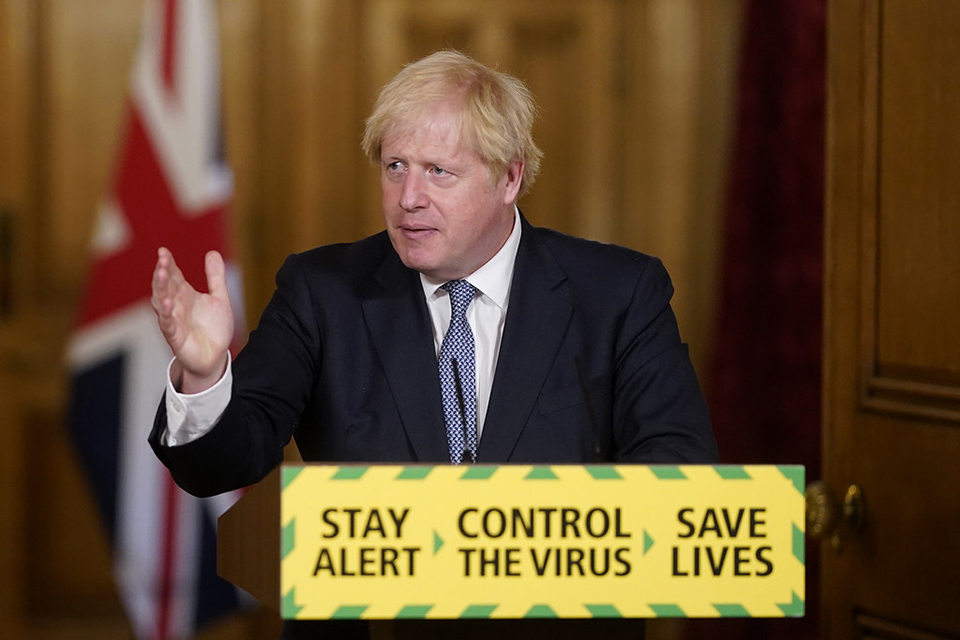
Our anxiety levels are soaring as a result of COVID-19. In April of 2020, 46% of the adult population reported high levels of anxiety, with this decreasing only marginally to 42% in January of this year. Since the first lockdown, life has been a consistent struggle of isolation from loved ones and not being able to predict how our lives will be affected next. But why, in a leading Western democracy that enshrines government accountability and transparency, have we been left feeling so out of control?
Since the beginning of the pandemic, the principles of government transparency and scrutiny have become worryingly blurred in the UK. TotalAnalysis, who conducted research into the transparency of COVID-19 data across the world in 2020, ranked the UK 27th out of 100 countries and cited “major issues” with transparency. This outcome is less than ideal for the government that has claimed “world-beating” measures for dealing with the pandemic. The public and professions have been consistently isolated from the logic and data behind government decisions throughout the pandemic, and this is a core contributing factor to us all feeling ‘out of the loop’ with the next steps for the country.
Issues with a lack of transparency and scrutiny began in March 2020 with the awarding of multi-million-pound personal protective equipment (PPE) contracts to unsuitable companies with no scrutiny by MPs. Across the pandemic so far, findings by the National Audit Office (NAO) show that £10.5 billion worth of contracts have been awarded with no competitive tender process in place, leading to allegations of Conservative bias and nepotism. Additionally, 55% of contracts were not made publicly available in the manner mandated by law. The Good Law Project described these findings as evidence of “persistent and unlawful failure” by the government to abide by principles of transparency.
The government has also refused to release the advice and data provided to them by SAGE (The Scientific Advisory Group on Emergencies) which forms the basis of COVID-19 policymaking. In response to this lack of transparency, the government was criticised by MPs and was challenged by the formation of Independent SAGE. Even Chief Medical Officer Chris Whitty admitted that the delayed publication of SAGE reports was “an error”. These democratically harmful actions have been primarily ignored by the government who continue to face accusations of a lack of transparency in relation to data.
A democratic deficit – represented via a lack of transparency and scrutiny – has also been pervasive in the legislative process throughout the pandemic. The use of ‘fast-tracked’ bills means that legislation has moved through the Houses of Parliament in a matter of hours rather than the usual weeks or months. MPs and Lords have been given little time to scrutinise bills relating to COVID-19 regulations, and initial restrictions upon proxy voting by the government decreased this oversight further. Human Rights Watch blamed this consistent lack of scrutiny of COVID-related bills for the threatening of elderly and disabled rights in the Coronavirus Act 2020.
The government has systematically hidden their decisions and the rationale behind these choices since the beginning of the pandemic. Instead of using data to inform the general public, it has instead been used to intimidate and silence concerns about the legislation and restrictions being made. Countries such and New Zealand and Australia have demonstrated the value of having a general public who feels informed about their role in preventing the spread of COVID-19. Instead, the UK public is being excluded and isolated from the discussions and decisions which will impact their daily lives. While we continue to fight the spread of the virus, we must also fight the democratic deficit being instilled by the Conservative government who seek to push us further and further out of control in our democracy.



Average Rating